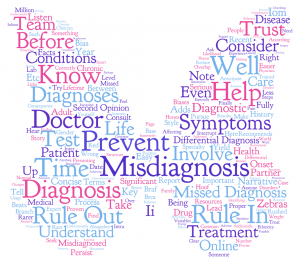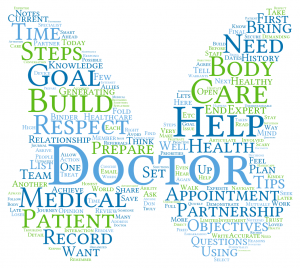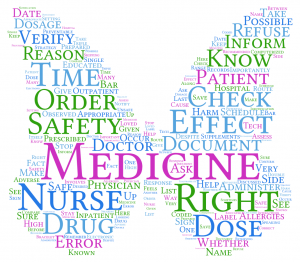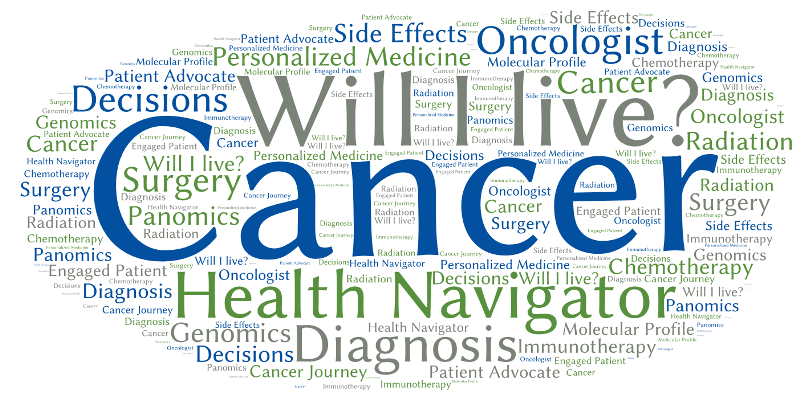Top Tip #4: Keeping Your Hair During Chemotherapy
 For many women, and some men, the thought of losing their hair while undergoing chemotherapy is devastating—some will even decline recommended cancer treatment because of this. There is evidence that hair loss can be mitigated if not significantly prevented, by super chilling the scalp at the time of the chemo infusion. This kind of scalp hypothermia has been used for many years in Europe. The FDA only approved the first system for use in the US in 2015, though women here have independently been using this technique for some time.
For many women, and some men, the thought of losing their hair while undergoing chemotherapy is devastating—some will even decline recommended cancer treatment because of this. There is evidence that hair loss can be mitigated if not significantly prevented, by super chilling the scalp at the time of the chemo infusion. This kind of scalp hypothermia has been used for many years in Europe. The FDA only approved the first system for use in the US in 2015, though women here have independently been using this technique for some time.
Super chilling of the scalp is achieved by fitting extremely cold caps tight to the head. This achieves two things: 1. the veins that provide blood supply to the scalp constrict as the head cools—this means that there is less chemo that reaches the hair follicles; and 2. for the drugs that do reach the follicles, there is reduced uptake into the follicle because the cold also restricts the root’s metabolic activity.
Read these Top Tips on reducing the likelihood that this will happen to you or a loved one.
Sign up for the Active Patient Advantage to read and download these important Top Tips.
If you are already registered, click here to login.
Top Tips #3: Preventing a Misdiagnosis
 According to a recent IOM report, every adult in the US can anticipate at least one misdiagnosis in their lifetime that will have serious consequence. This adds up to about one in every 20 diagnoses every year, affecting some 12 million people. To be misdiagnosed means that someone has not been diagnosed correctly, has not been fully diagnosed, or their diagnosis was missed altogether.
According to a recent IOM report, every adult in the US can anticipate at least one misdiagnosis in their lifetime that will have serious consequence. This adds up to about one in every 20 diagnoses every year, affecting some 12 million people. To be misdiagnosed means that someone has not been diagnosed correctly, has not been fully diagnosed, or their diagnosis was missed altogether.
One can understand how this happens: doctors are rushed for time, often interrupt a patient’s narrative that might yield the key facts that will help in proper diagnosis, and many symptoms for different disorders or diseases overlap so it is easy to pursue the wrong branch of a “differential diagnosis”.
Read these Top Tips on reducing the likelihood that this will happen to you or a loved one.
Sign up for the Active Patient Advantage to read and download these important Top Tips.
If you are already registered, click here to login.
Top Tips #1: Building a Healthy Partnership with Your Medical Team
 Here are a few Top Tips on building a healthy partnership with your doctor and getting the most out of your doctor’s appointment.
Here are a few Top Tips on building a healthy partnership with your doctor and getting the most out of your doctor’s appointment.
Your goals are three-fold. The first is to build healthy partnerships with every member of the medical team involved in your care, generating mutually respectful relationships—this investment in relationship building will pay off generously as you navigate your healthcare journey. The second is to demonstrate that you are knowledgeable about your body and your medical history and that you can articulate your current issues well. The final goal is to set and achieve “walk away” objectives for your appointments—with an action plan and next steps to resolve your current issues.
Importantly: know that you are the expert in your body, while the doctor is the expert in medical knowledge about the body. Ideally, you will work in partnership to address your health issues.
Sign up for the Active Patient Advantage to read and download these important Top Tips.
If you are already registered, click here to login.
Top Tips #2: Stay Safe—Know Your Medication Rights
 Despite all the high tech we see in hospitals with computerized physician orders, electronic medical records, and bar-coded patients and drugs, medication errors can and do occur. In fact, medication errors are the single most preventable cause of patient harm.
Despite all the high tech we see in hospitals with computerized physician orders, electronic medical records, and bar-coded patients and drugs, medication errors can and do occur. In fact, medication errors are the single most preventable cause of patient harm.
Whether you are an inpatient or an outpatient, get educated about the drugs you have been prescribed—know their names, the dosages, schedules, reasons, and possible side effects; make sure you have discussed any possible allergies with your doctor. Importantly: if you are to stop taking a drug, know what the recommended strategy involves.
Knowing your Medication Rights and speaking up if they are not observed can help save you or a loved one from harm, especially in a hospital setting and following discharge.
Sign up for the Active Patient Advantage to read and download these important Top Tips.
If you are already registered, click here to login.


